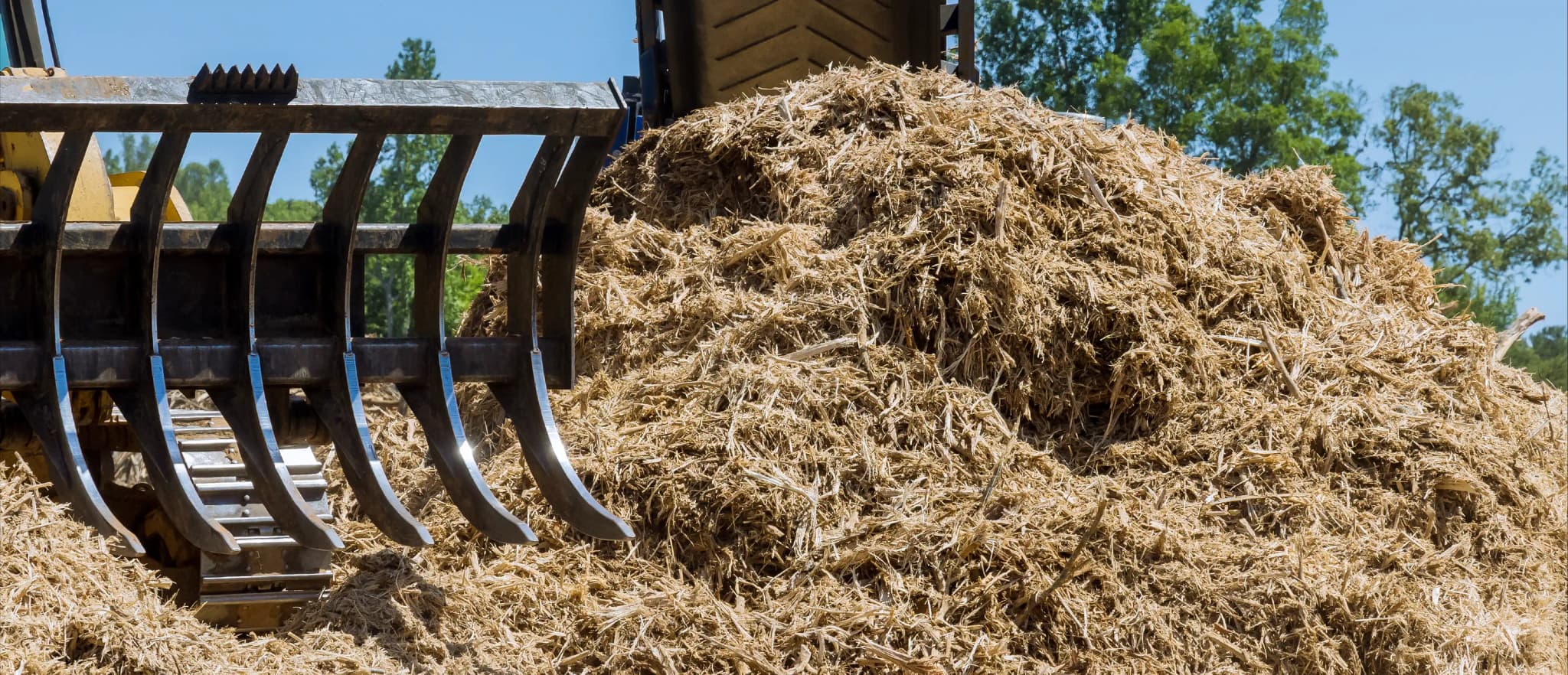
Significance of Biomass to Biofuel Projects
Biomass serves as a versatile and renewable resource for biofuel production. It encompasses a wide range of organic materials, including agricultural residues, forestry waste, and energy crops. By harnessing the energy stored within these materials, biomass-to-biofuel projects contribute to a sustainable energy future. These projects offer numerous benefits, such as reducing greenhouse gas emissions, diversifying energy sources, and creating economic opportunities in rural areas.







